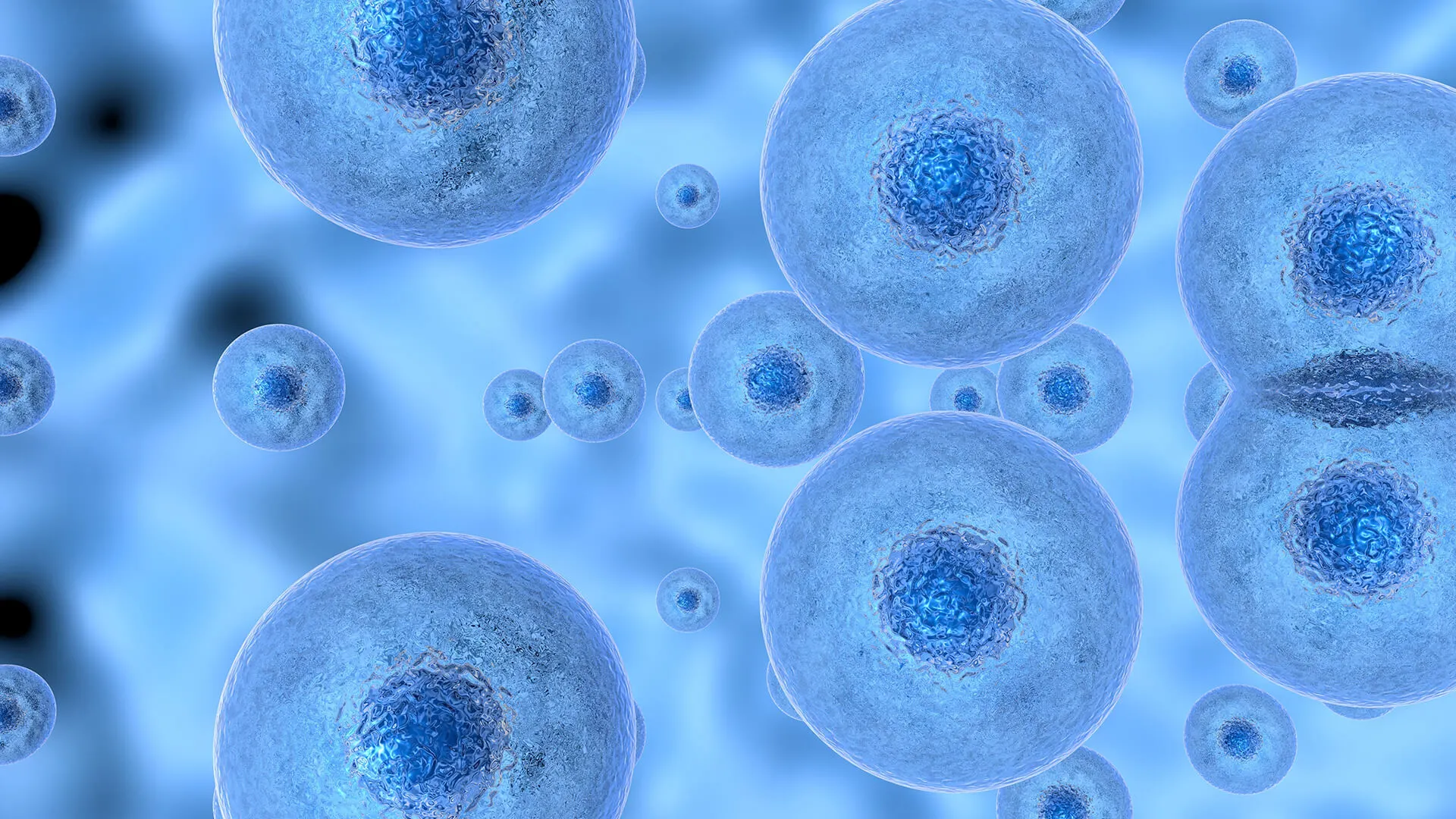
Folate for Fathers? The Effect of Paternal Folate Status and Embryonic Growth
It is well known that the folic acid status of the mother is of vital importance to normal embryonic and fetal growth, with folate deficiency resulting in neural tube and other defects of development. Although the association between maternal folate consumption and fetal growth has been amply studied, much less is known about the paternal diet and fetal health.
In the February 2019 edition of Fertility and Sterility, a leading journal in reproductive medicine, is a study by Dr. Jeffrey Hoek and colleagues from Erasmus MC, University Medical Centre Rotterdam, the Netherlands regarding the association between folate status in men and the growth of embryos. This prospective study involved 511 singleton pregnancies, 303 of which were spontaneously conceived, and 208 followed in vitro fertilization (IVF) or intracytoplasmic sperm injection (ICSI) and measured paternal folate levels as well as embryonic growth at 7, 9 and 11 weeks of gestation using 3-D ultrasound and a virtual reality system.
The results were divided into four groups (quartiles) and showed that low and high paternal folate levels are associated with reduced embryonic growth trajectories in pregnancies which were conceived spontaneously. The third quartile of paternal folate levels had the highest embryonic growth; however, there was no relationship observed between paternal folate status and embryonic growth among the IVF/ICSI pregnancies.
This research from Rotterdam is the first to link paternal folate levels with growth of the embryo and although the authors underscore the importance of a father’s folate status, they do not specifically recommend folate supplementation for men. (Interestingly, only 8.1% of the men in the study used folate supplements with and increasing number of men using supplements from quartile 1 to 4.) This study demonstrated that there can be too much of a good thing with decreased embryonic growth with the highest folate levels.
This study makes it clear that the nutritional status of the father plays a role in fetal growth; however, much work remains to be done along these lines before recommendations for paternal folate supplementation may be made. At this point the best advice may be to eat a healthy, well-rounded diet, rich in whole grains and fresh vegetables and fruits (Choose My Plate: https://www.choosemyplate.gov/)
Reference: Hoek J, Koster MPH, Schoenmaker S, et al: Does the father matter? The association between the periconceptional paternal folate status and embryonic growth. Fertil Steril 111:2, 270-278. https://doi.org/10.1016/j.fertnstert.2018.10.017
Categories
About the Blog
Welcome to the Center for Reproductive Medicine Blog! Nationally and internationally recognized for providing exceptional reproductive care, our team believes in empowering people with the knowledge they need to navigate their unique fertility journeys.
From information on the latest fertility treatments to valuable insights on egg donation, surrogacy, and everything in between, the Center for Reproductive Medicine Blog is your ultimate resource for all things reproductive care and support. Read on to learn more, and contact us today if you have any questions or want to schedule a new patient appointment.

